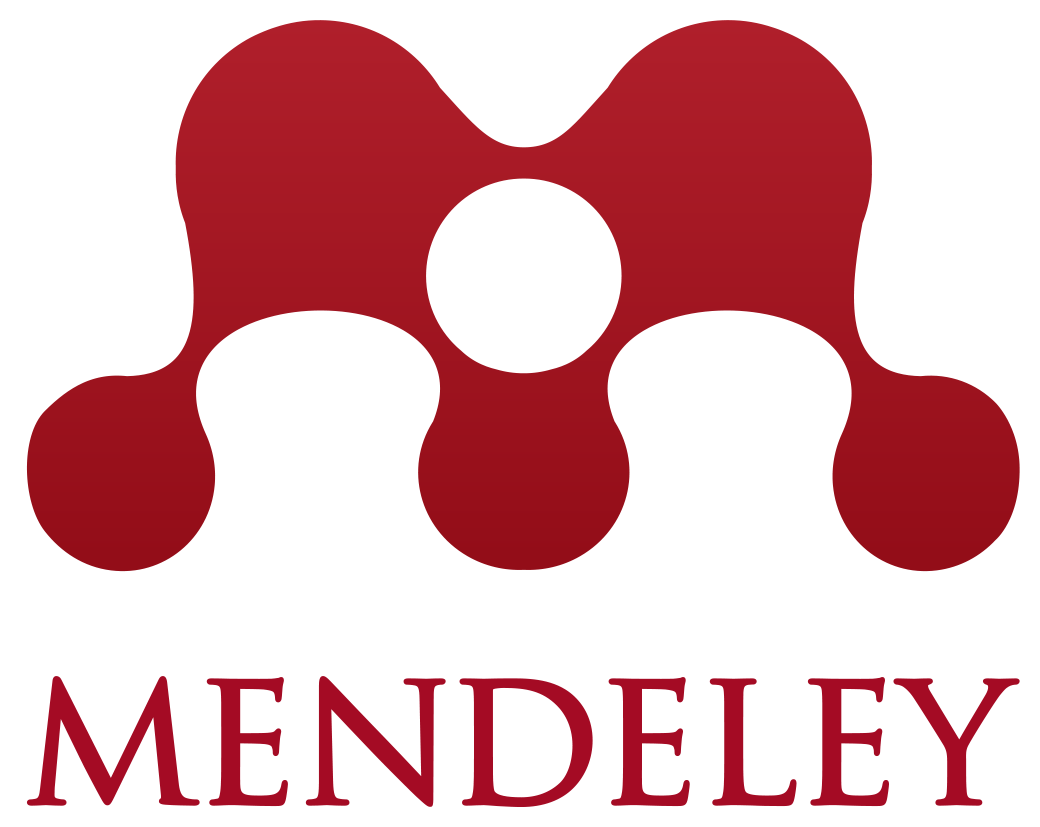Bibliometric Study of Articles on Computational Thinking in Learning
Abstract
One of the fundamental concepts for the high-level problem-solving abilities required by humans in the twenty-first century is computational thinking. The basic principles and ideas found in informatics and computer science are used to solve issues computationally with the help of computational thinking. The bibliometric examination of the research on computational thinking in learning is explained in detail in this article. Using the Scopus database and the Publish or Perish (PoP) program, articles were found. According to the search and sorting results, 187 of the 200 items were located between 2019 and 2022. The Mendeley Desktop program was used to alter the chosen metadata. The VOSviewer program is then used to evaluate further and display the modifications. Most articles published in the 2019–2022 timeframe with the keyword of computational thinking have been quoted quite a bit.
Keywords
Full Text:
PDFReferences
Baneyx, A. (2008). "Publish or Perish" as citation metrics used to analyze scientific output in the humanities: International case studies in economics, geography, social sciences, philosophy, and history. Archivum Immunologiae et Therapiae Experimentalis, 56(6), 363–371. https://doi.org/10.1007/s00005-008-0043-0
Bers, M.U. (2019). Coding as another language: a pedagogical approach for teaching computer science in early childhood. Journal of Computers in Education, 6(4), 499-528. https://dx.doi.org/10.1007/s40692-019-00147-3
Bocconi, S., Chioccariello, A., Dettori, G., Ferrari, A., & Engelhardt, K. (2016). Developing Computational Thinking in Compulsory Education. JRC Science for Policy Report.
Garza-Reyes, J. A. (2015). Lean and green – a systematic review of the state of the art literature. Journal of Cleaner Production, 102, 18–29. https://doi.org/10.1016/j.jclepro.2015.04.064
Hamidah, I., Sriyono, & Hudha, M. N. (2020). A bibliometric analysis of covid-19 research using VOS viewer. Indonesian Journal of Science and Technology, 5(2), 209–216. https://doi.org/10.17509/ijost.v5i2.24522
Hudha, M. N., Hamidah, I., Permanasari, A., Abdullah, A. G., Rachman, I., & Matsumoto, T. (2020). Low carbon education: A review and bibliometric analysis. European Journal of Educational Research, 9(1), 319–329. https://doi.org/10.12973/eu-jer.9.1.31
Kale, U., Akcaoglu, M., Cullen, T., Goh, D., Devine, L., Calvert, N., & Grise, K. (2018). Computational What? Relating Computational Thinking to Teaching. TechTrends, 62(6), 574–584. https://doi.org/10.1007/s11528-018-0290-9
Ketelhut, D.J., Mills, K., Hestness, E., Cabrera, L., Plane, J., & McGinnis, J. R. (2020). Teacher change following a professional development experience in integrating computational thinking into elementary science. Journal of Science Education and Technology, 29(1), 174-188. https://dx.doi.org/10.1007/s10956-019-09798-4
Liu, Z., Yin, Y., Liu, W., & Dunford, M. (2015). Visualizing the intellectual structure and evolution of innovation systems research: A bibliometric analysis. Scientometrics, 103(1), 135–158. https://doi.org/10.1007/s11192-014-1517-y
Mgova, Z. (2018). Computational thinking skills in education curriculum. joensuu: university of eastern finland, national research
council. (2011). Report of a workshop on the pedagogical aspects of computational thinking. Washington, DC: National Academies Press
Papadakis, S. and Kalogiannakis, M. (2019). Evaluating a course for teaching introductory programming with Scratch to pre-service kindergarten teachers. International Journal of Technology Enhanced Learning, 11(3), 231-246. https://dx.doi.org/10.1504/IJTEL.2019.100478
Papadakis, S. (2020). Evaluating a game-development approach to teach introductory programming concepts in secondary education. International Journal of Technology Enhanced Learning, 12(2), 127-145. https://dx.doi.org/10.1504/IJTEL.2020.106282
Papadakis, S. (2020). Robots and robotics kits for early childhood and first school age. International Journal of Interactive Mobile Technologies, 14(18), 34-56. https://dx.doi.org/10.3991/ijim.v14i18.16631
Scherer, R., Siddiq, F., & Sánchez Viveros, B. (2019). The cognitive benefits of learning computer programming: A meta-analysis of transfer effects. Journal of Educational Psychology, 111(5), 764-792. https://dx.doi.org/10.1037/edu0000314
Seoane-Pardo, A. M. (2016). Computational thinking beyond STEM: an introduction to "moral machines" and programming decision making in ethics classroom. The Fourth International Conference on Technological Ecosystems for Enhancing Multiculturality 37-44, http://dx.doi.org/10.1145/3012430.3012494
Setyaningsih, I., Indarti, N., & Jie, F. (2018). Bibliometric analysis of the term "green manufacturing". International Journal of Management Concepts and Philosophy, 11(3), 315. https://doi.org/10.1504/ijmcp.2018.093500
Tekdal, M. (2021). Trends and development in research on computational thinking . Education and Information Technologies, 26(5), https://doi.org/10.1007/s10639-021-10617-w
Tran, Y. (2019). Computational thinking equity in elementary classrooms: what third-grade students know and can do. Journal of Educational Computing Research, 57(1), 3-31. https://dx.doi.org/10.1177/0735633117743918
Tsai, M., Wang, C., & Hsu, P. (2019). Developing the computer programming self-efficacy scale for computer literacy education. Journal of Educational Computing Research, 56(8), 1345-1360. https://dx.doi.org/10.1177/0735633117746747
van Eck, N. J., & Waltman, L. (2010). Software survey: VOSviewer, a computer program for bibliometric mapping. Scientometrics, 84(2), 523–538. https://doi.org/10.1007/s11192-009-0146-3
Verganti, R., Vendraminelli, L., & Iansiti, M. (2020). Innovation and design in the age of artificial intelligence. Journal of Product Innovation Management, 37(3), 212-227. https://dx.doi.org/10.1111/jpim.12523
Wing, J. M. (2008). Computational thinking and thinking about computing. Philosophical Transactions of the Royal Society A: Mathematical, Physical and Engineering Sciences, 366(1881), 3717– 3725. https://doi.org/10.1098/rsta.2008.0118
Wing, J. M. (2010). Computational Thinking: What and Why? Thelink - The Magazine of the Varnegie Mellon University School of Computer Science, 1–6. Retrieved from http://www.cs.cmu.edu/link/research-notebook-computational-thinking-what-and-why
Wu, B., Hu, Y., Ruis, A. R., & Wang, M. (2019). Analyzing computational thinking in collaborative programming: A quantitative ethnography approach. Journal of Computer Assisted Learning, 35(3), 421-434. https://dx.doi.org/10.1111/jcal.12348
DOI: https://doi.org/10.20527/jmscedu.v3i1.6672
Refbacks
- There are currently no refbacks.

This work is licensed under a Creative Commons Attribution 4.0 International License.

Journal Of Mathematics Science and Computer Education is licensed under a Creative Commons Attribution-ShareAlike 4.0 International License.









.jpg)
1.png)

